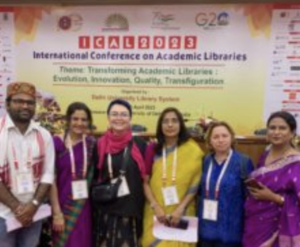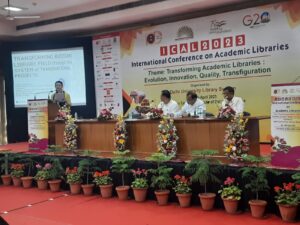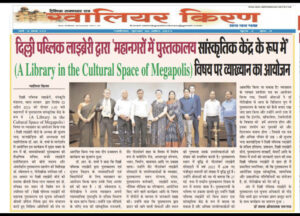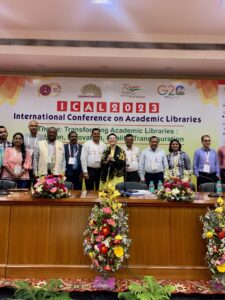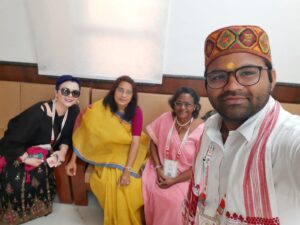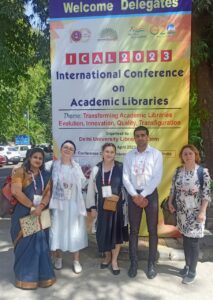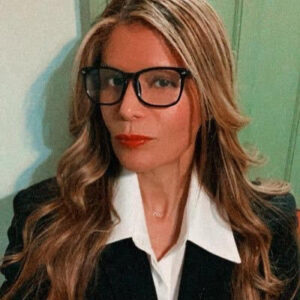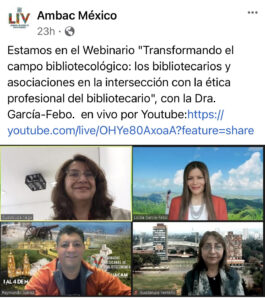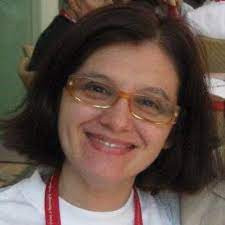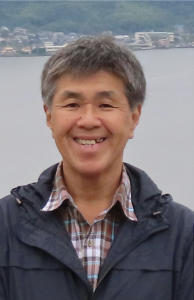Le centre de documentation est défini étant une unité couvrant des domaines précis et fournissant des informations relatives au domaine de connaissance qu’il couvre ( Nozha, 2005, p.12).
Il est également selon wikipédia, un organisme chargé de collecter, d’organiser de traiter et mettre à la disposition des utilisateurs des outils de recherche. le centre de documentation renforce l’économie d’une entreprise.
Quant à l’information ; elle constitue la source de développement des entreprises à travers les produits documentaires (revue de presse, dossier de synthèse, résumé..) que ces entreprises élaborent.
AUJOURD’HUI, certaines entreprises ont recours au service d’un documentaliste pour la gestion et l’organisation du flux d’information et de documents.
Quel est la nécessité d’un centre de documentation au sein d’une entreprise?
Quelle est sa participation dans la productivité de l’entreprise.
Comment le centre de documentation participe au développement économique ?
Les entreprises sont généralement subdivisées en deux grandes entités qui permettent d’atteindre les objectifs. Ce sont les opérationnels ou la production et le support ou l’administration.
La fonction administrative comme son nom l’indique est chargée d’apporter un appui administratif aux services opérationnel afin que ceux-ci se concentre sur le cœur de métier.
C’est à partir de ces deux fonctions que le documentaliste doit axer sa stratégie en matière de gestion de l’information.
Le centre de documentation se doit de connaître le besoin informationnel de ces entités. Il doit être la source et la vitrine informationnelle de l’entreprise.
L’information est l’élément intangible sur lequel se base toute structure pour se développer, pour atteindre ses objectifs et surtout pour prendre ses décisions.
Or l’information est la matière première du documentaliste. Les informations contenues dans les documents de quelque nature qu’ils soient, vont être sélectionnées traitées puis diffusées.
Donc le documentaliste doit mettre en place toute une stratégie de recherche, de traitement et diffusion de l’information pour accompagner ces différentes entités.
Le pouvoir de l’information ne se résume plus au fait de la détenir mais dans son traitement et son utilisation. Car face à une production tout azimut de d’information, le documentaliste joue un rôle capital. Il trouve l’information utile (pertinente), qu’il traite, qu’il valide et met à la disposition de la structure. Il contribue ainsi à la production de connaissances validée et au développement de l’entreprise.
Par son action, il facilite la circulation de l’information, garantie la continuité des activités en cas d’indisponibilité d’un agent, il aide à la prise de décision sur base d’information fiable.
Il devient un élément constitutif de la réalisation des objectifs de l’entreprise. Mais le plus souvent les actions de ne sont pas perceptibles par les décideurs. Pour avoir plus de visibilité, le documentaliste doit par ces activités placé le centre au cœur des préoccupations de la structure. IL doit participer à la vie de l’entreprise.
